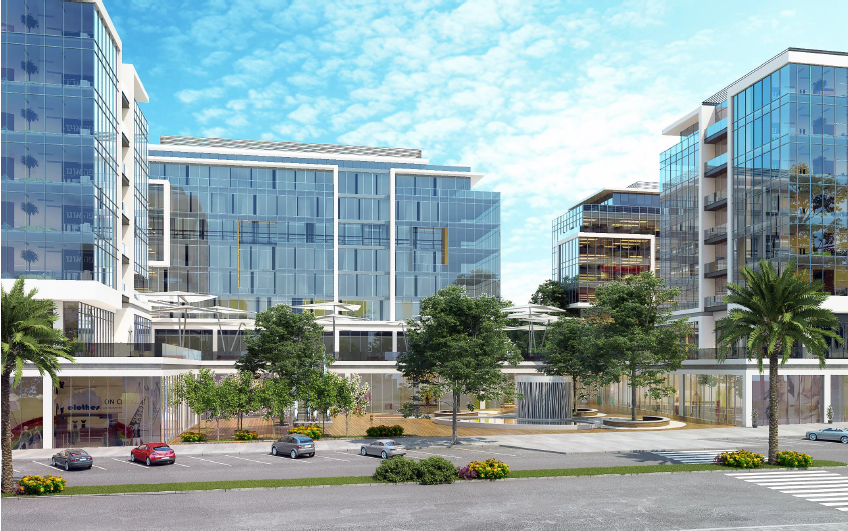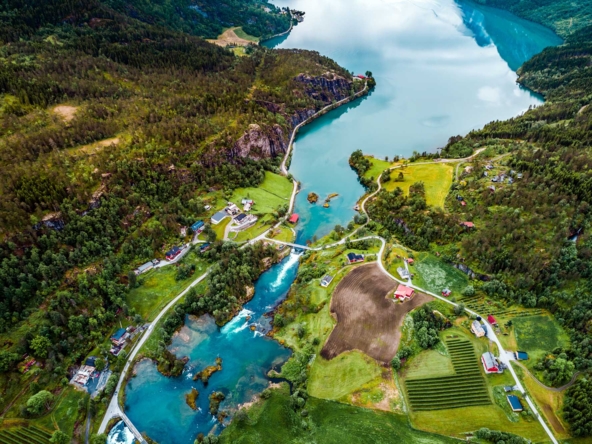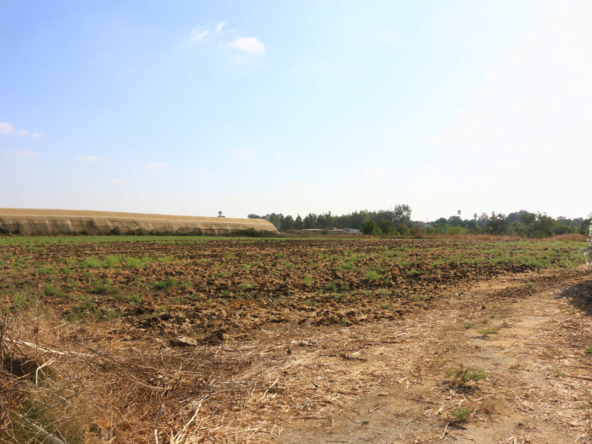Indeed, the government is not releasing land and the project to reduce real estate prices is not working. Moreover, the plots are expensive!
Due to the shortage of construction companies on the ground, land prices have increased, especially in high-demand areas.
The international group, Reality Fund, purchased a buildable area for 37 million NIS. Additionally, it changed its status from “commercial zone” to residential zone for residential properties.
Private lands are residential and constantly appraised upwards. Reality Estate Fund acquired a plot of land from Dan Housing in Tel Aviv for 37 million NIS in 2013. It sold it to Shikun & Binui Real Estate Arison for around 87 million NIS this week.
Why this failure to reduce real estate prices?

In recent years, no significant land reserves have changed hands for housing construction in Gush Dan. This sector, characterized by the construction of houses and villas, is deprived of land.
The case is located on Tavuot HaAretz Street 5, bordered to the north by Ibn Sapir Street and to the east by Ironi Yud School. Notably, it is situated in the heart of a residential neighborhood.
The companies purchased the plot jointly and equally in December 2013 from a group of South African investors for 37 million NIS. This was after the building had been put up for sale several times without receiving a purchase offer. Mainly due to the large number of rights holders, which complicated the purchasing process.
Recently, almost all state lands marketed by the Israeli Land Authority remain dedicated to the auction sale of housing (Mehir Lemichtaken).
According to the policy of Finance Minister Moshe Kahlon, private land prices reach unimaginable levels.
In the Shikun Dan area, no significant new construction has been recorded in recent years. Except for a project currently marketed by Acro Real Estate in the Kitan Centre complex. This includes the construction of large residential neighborhoods, approximately 190 apartments.
To reduce real estate prices, more land must be injected.
One of the major problems in Israel is the lack of buildable land. This lack of residential land is increasingly felt, especially around cities and other urban areas of the country. Agricultural lands in Israel remain frozen. More specifically, these lands cannot change designation in principle. But gradually, those surrounding cities and urban areas are seeing their designation change to buildable land. Because urban expansion cannot be stopped, whether we want it or not. There needs to be space for citizens to find housing, and as the population grows, the need for housing increases correspondingly.
In recent years, the purchase of agricultural land in Israel has been more of a speculative investment. To be more precise, investors buy agricultural land at competitive prices and keep it as is. When these lands receive a new designation and become buildable, they can sell them with a significant profit.
However, caution must be exercised regarding certain things.
The first is to examine the plans for the lands in question, which can be done by going through the construction and planning commissions of the agencies, starting with the local (municipalities), then regional, and finally national. Why examine them? To know whether there is a chance or not that they may soon become buildable lands.
Not all lands can necessarily become buildable. Some will necessarily remain agricultural lands, others protected lands at the national level. Finally, others have different specifications.
The second thing to check is the location of the lands. Are they near a city or any urban locality? If the city or locality wants to expand, will it necessarily have to go through these lands, or does it have other possibilities for expansion, for example in another direction?
Thirdly, check if there are factors that could prevent the lands from being redesignated, such as if they are near a road, a river, a nature reserve, a military base, or even if there are specific plants growing there.
In Israel, there are about 22 million dunams (1 dunam = 1,000 m2 or 0.1 hectare) of land, of which about 10 million are designated as agricultural land, and of these 10 million, half are currently used for agriculture. For the other half, or 5 million dunams, there is a possibility of seeing their designation change. Therefore, know that in any case, an investor who takes the time to wisely choose the land with the help of a professional specialized in purchasing agricultural land will have a good chance of making a very nice profit.



